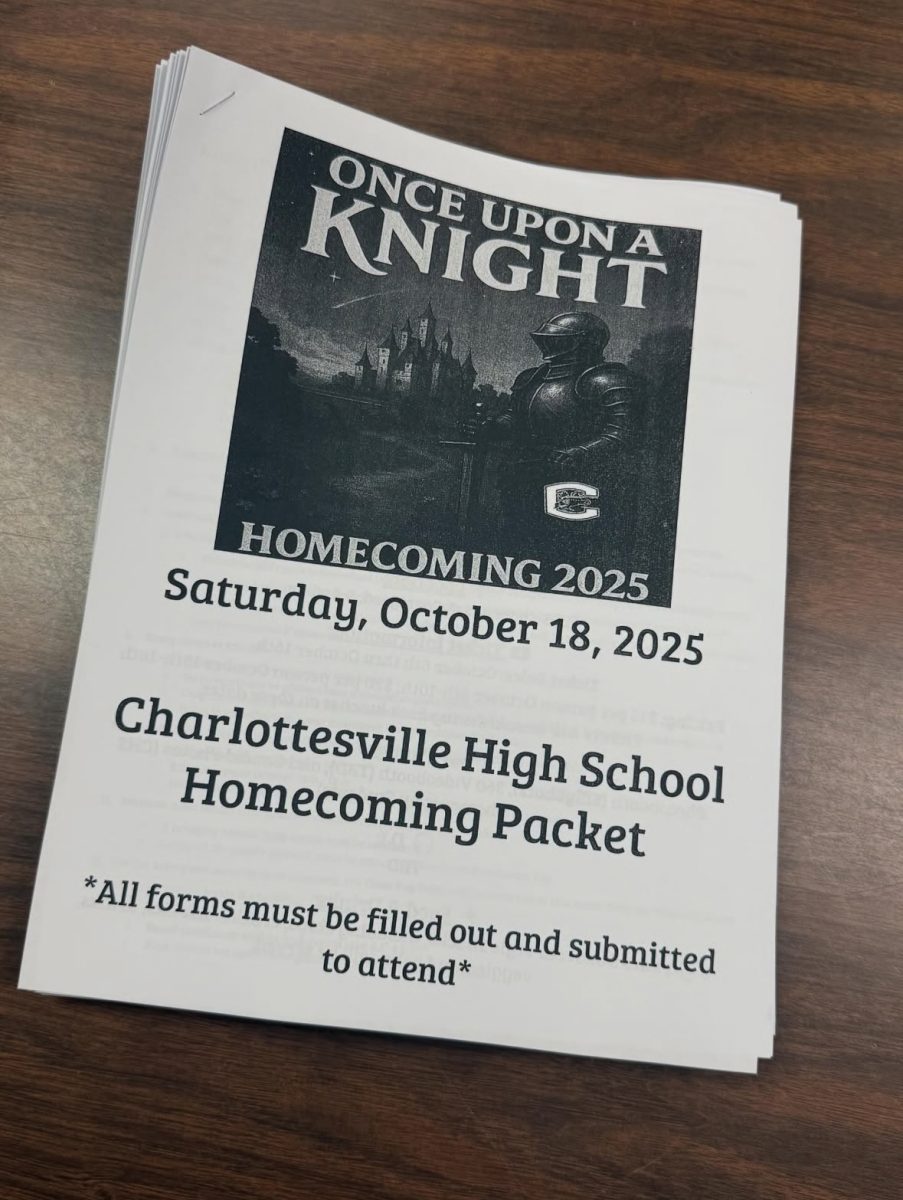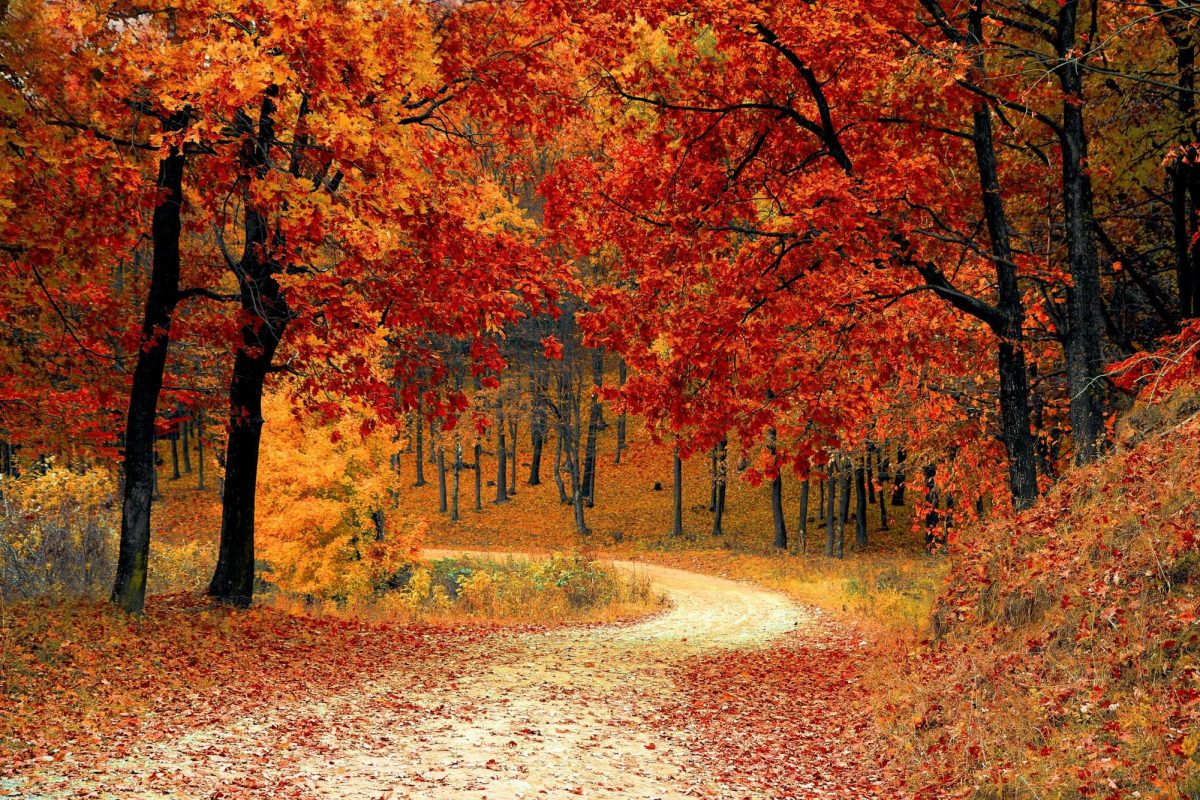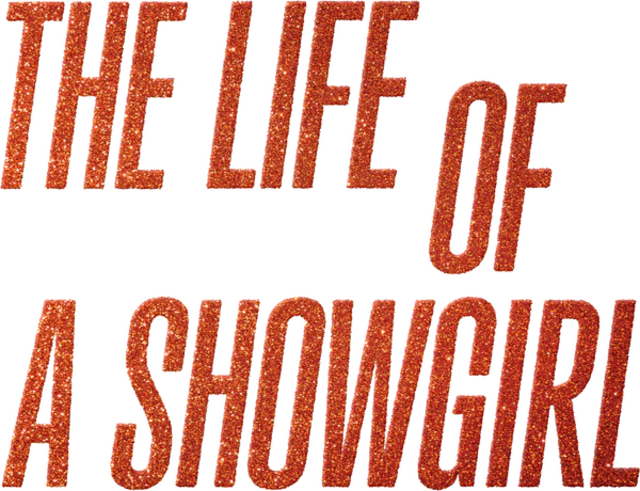Movie On Charlottesville Premieres
Here’s what we thought of the 2017 Virginia Film Festival.
December 7, 2017
From November 9th through 12th, The University of Virginia and city of Charlottesville put on the 30th Virginia Film Festival. They screened dozens of films, from classics to critically-acclaimed international films to little-seen indies to highly-anticipated movies soon to be released. However, what made this festival stand out this year was the focus on race in America.
There are many reasons for the focus on this topic during this year’s film festival. The 2016 presidential election and rise of the alt-right and deaths of unarmed black men at the hands of police officers have undoubtedly pushed this topic even farther to the forefront of the national conversation. However, there is one event in particular that served as the tipping point: the “Unite the Right” rally on August 12, of which there was a dramatic documentary about at this year’s festival. The film festival even launched a “Race in America” program to highlight films that comment directly on race and racial relations in the United States.
One of the films screened was “Charlottesville: Our Streets,” a documentary chronicling the events of August 12 in Charlottesville, portraying the chaotic and violent “Unite the Right” rally and the many counter-protests that took place to combat the racist and bigoted views of many of the protesters. The film was still a work-in-progress when it was screened, though the movie seemed pretty darn close to complete. It’s an effective documentary, one that offers more of an objective stance on the events of August 12th and gives each party the chance to state their own side of the story, from the alt-right to the militias to the counter-protesters to the residents of Charlottesville. By doing so and considering various viewpoints, it’s even easier to deconstruct what really happened that day and why. It became increasingly obvious to me that this was an unprovoked invasion of Charlottesville committed by racist, hateful people with toxic ideals. I watched the murder of Heather Heyer, anti-Semitic chants that date back to the Nazi era, a hate-filled outsider shoot his handgun to threaten a counter-protester, vicious beatings of African-Americans and other counter-protesters, a church clergy shockingly knocked to the ground by protesters, and violent threats and racist slurs, all coming from uninvited invaders of Charlottesville.
It has been reported that the protesters came from 34 states: this film emphasizes that this wasn’t a local dispute reflective of clashing ideals in Charlottesville, but a full-blown incursion of our town. I witnessed no moral equivalency with the relatively few violent extremists among the counter-protesters. Contrary to what President Trump says, there were not “very fine people on both sides.” What I did witness were very fine residents of Charlottesville defending their city and values. They were the real heros.
As someone who was in Charlottesville on that day and watched footage of the rally as it turned increasingly violent all day, the film struck an emotional chord with me. It may not have the cultural insight of, for example, the Spike Lee film, but the film’s value is derived from its necessity as a documentation of the events of that fateful day. There have been and will always be countless films with plenty to say on the ever-contentious issue of race in America; but, as stated by the writer of the film, Jackson Landers, in the post-film Q&A (and I’m paraphrasing), “Before every good editorial, you must have a collection of good objective facts.” This film is not an editorial, which will aggravate some, but as a collection of facts the truth emerges. Surely, the people of Charlottesville will need those facts before continuing to engage in the dialogue regarding race; this year, the Virginia Film Festival was wise to enter the conversation.




